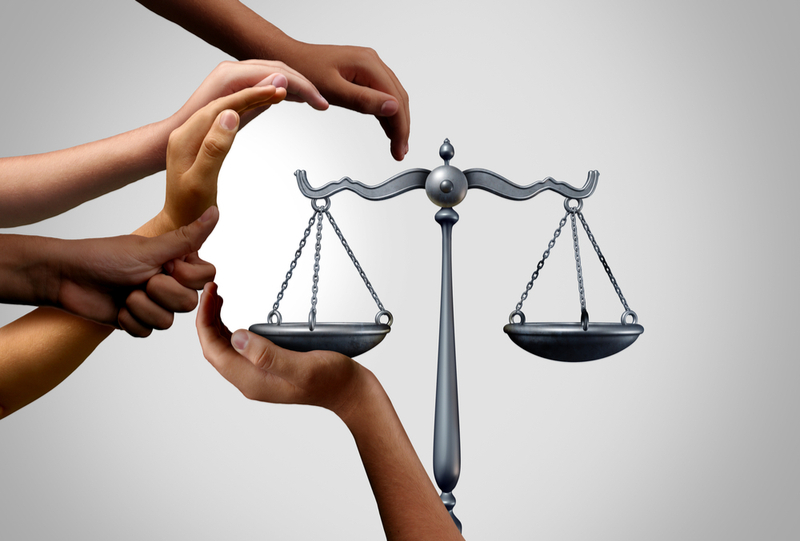Pro Bono Family Attorney Guide
Finding a Pro Bono Family Attorney:
A good source of information when looking to retain a Family Attorney is your local legal aid office. Most cities and counties have one and their contact information can be found in the phone book or with a simple online search. Many legal aid offices will have a website that provides the information you need to find family lawyers, and information on which lawyers are currently offering pro bono assistance. All lawyers will have pro bono requirements, but not all lawyers are constantly volunteering their time. Since pro bono legal aid is usually reserved to assist low-income clients, you will usually need to apply to see if you meet the requirements for pro bono help. Pro bono attorneys are around to help you get legal assistance when you cannot afford to get legal assistance. Dealing with a legal issue is already stressful, finding an attorney should add more stress to the process. Anyone who is or has been involved in a divorce, accident, child custody, or any other form of civil case can confirm this. This is definitely the time when you need an experienced attorney and their advice.
How Can I find Pro Bono Legal Help?
If you are unable to find assistance through state and local sources, you can search for non-profit legal services networks that are funded through Federal Grants. These offices provide a wide range of Civil Law services through their staff of experienced attorneys and paralegals. They can help with divorce and custody cases and give you advice on related matters such as property settlements, asset allocation etc.Another option for obtaining the services of a bro bono family attorney (free legal aid from family attorneys) is through you local law school. Many of these schools run legal clinics where you can obtain assistance from law students under the supervision of experienced family attorneys and law professors.
Depending on where you live, there may be privately funded non-profits legal aid in your area that provide specific legal services to a particular portion of the population. They may specialize in immigration law, landlord/tenant law, or representing seniors. If in addition to being unable to afford an attorney, if you are disabled, battered, elderly etc, mention this to EVERY agency you speak to. You may be eligible for a pro bono family attorney for which you might not otherwise qualify. If an agency cannot help directly, they may be able to coordinate getting you a family lawyer or at least point you to the right organization.
Additional Information:
Specifically for divorce cases, if your spouse is financially much more secure, you may be able to get a court to order your spouse to pay for all or a portion of your legal fees. If this is the case, mention this to any lawyers you contact. If this is not the case, there are options available for obtaining family attorneys at a free or greatly reduced rate.One of the first things you should do is to call your state bar association. Look in your phone book or do an online search. Bar associations are a wealth of information about local lawyers or programs that can provide services for free or at a greatly reduced rate. If they don’t have specific information that can help you, they can direct you to the resources that can help. They may even have local private programs that can provide advice from a family attorney. Some state or local bar associations have specific programs wherein lawyers have agrees to devote a certain amount of time to pro bono representation.